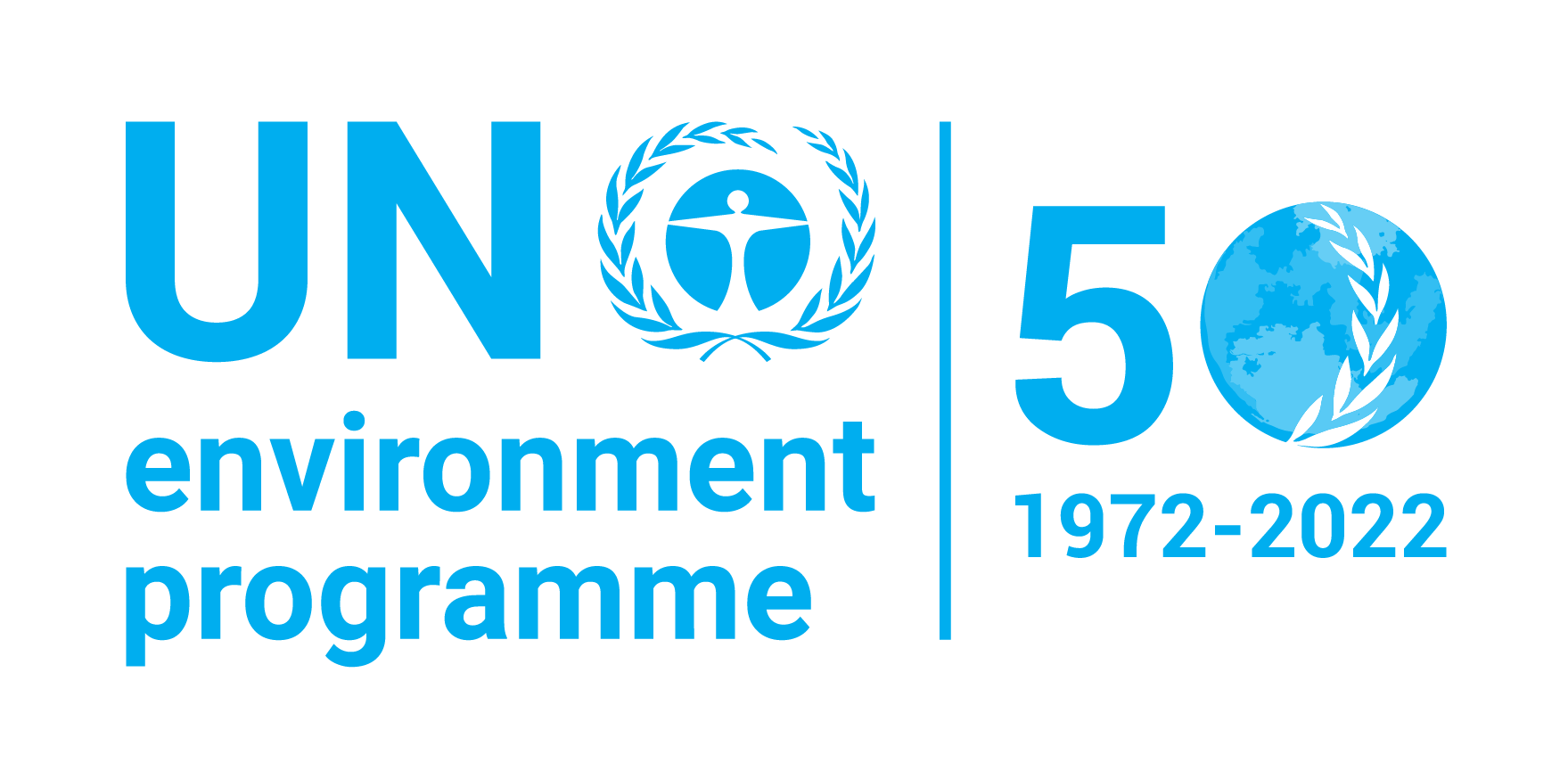| dc.contributor.author | United Nations Environment Programme | |
| dc.date.accessioned | 2016-10-11T19:56:41Z | |
| dc.date.available | 2016-10-11T19:56:41Z | |
| dc.date.issued | 2015 | |
| dc.identifier.uri | http://hdl.handle.net/20.500.11822/7429 | |
| dc.description | Early warning systems (EWS) can improve resilience of households to climate related hazards, by providing information for early action. However, to be effective, early warning systems must themselves incorporate aspects of resilient systems: diversity, flexibility, local relevance, learning, acceptance of change, consideration of justice and equity. | |
| dc.language | English | |
| dc.publisher | United Nations Environment Programme (UNEP) | |
| dc.rights | Public | en_US |
| dc.subject | early warning | |
| dc.subject | early warning response | |
| dc.subject | resilience | |
| dc.subject.classification | Climate Change | |
| dc.title | Early warning as a human right: building resilience to climate-related hazards | |
| dc.type | Reports and Books | |
| wd.identifier.old-id | 11971 | |
| wd.identifier.sdg | SDG 13 - Climate Action | |
| wd.identifier.sdgio | http://purl.unep.org/sdg/SDGIO_00000047 | |



